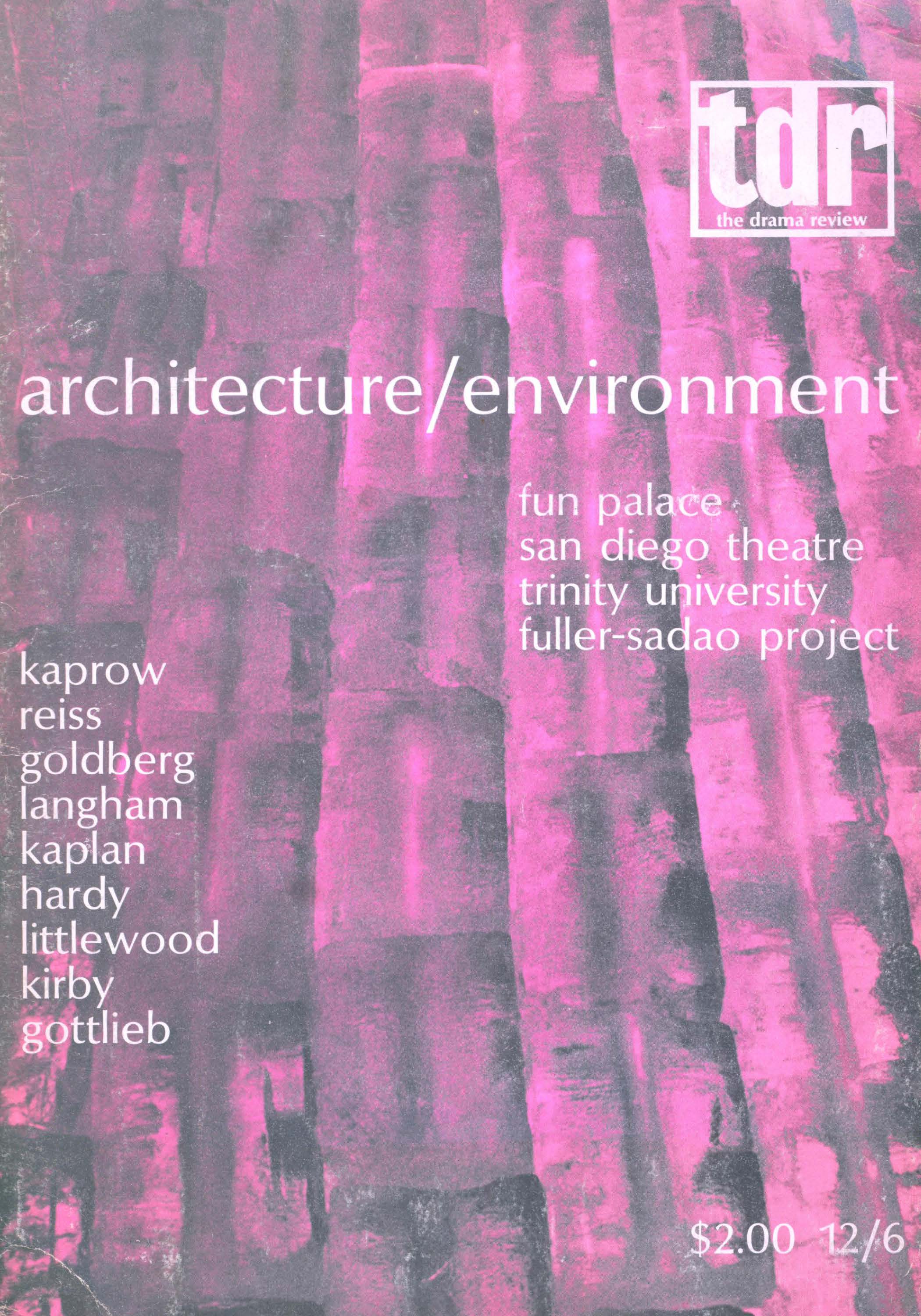No CrossRef data available.
Article contents
Theatre after 1949
Published online by Cambridge University Press: 07 December 2021
Extract
The “modernization” of Chinese culture began with the literary revolution of 1917 and the consequent May Fourth Movement of 1919. This first great cultural revolution in modern China, aimed at making Chinese culture more international, was led by men like Hu Shi, who had studied in the United States and Japan. Traditional Chinese drama came under attack as an “entertainment” representing the conventional culture. Peking Opera in particular was regarded as a stronghold of such culture, despite the experiments of Mei Lan-fang, who tried vigorously to modernize Peking Opera un productions using modern costumes and to reevaluate the Peking Opera from a modern viewpoint.
Traditional Chinese drama, which was usually sung, was to be replaced by a “spoken drama” (Hua-chu), based on the naturalistic Western plays introduced into China in the late nineteenth and early twentieth centuries.
- Type
- Theatre and Politics
- Information
- Copyright
- Copyright © 1971 The Drama Review


